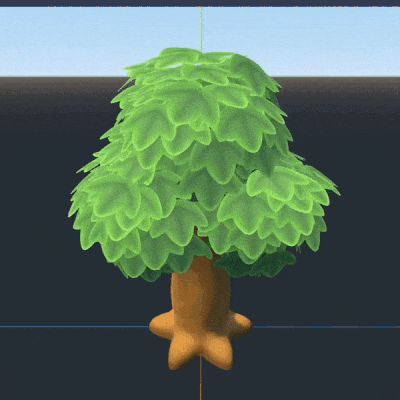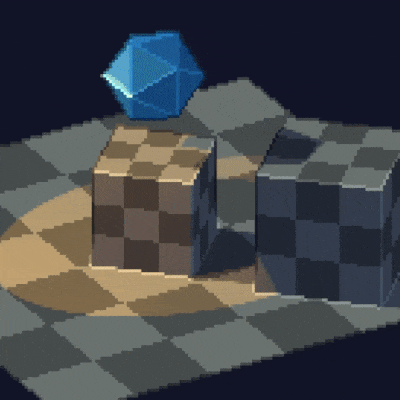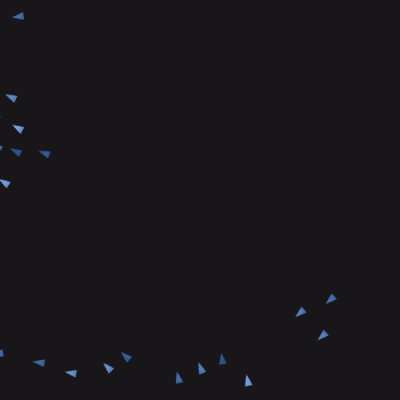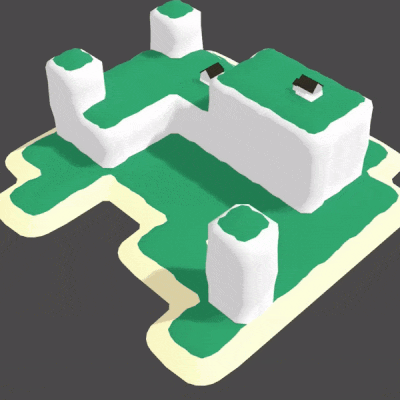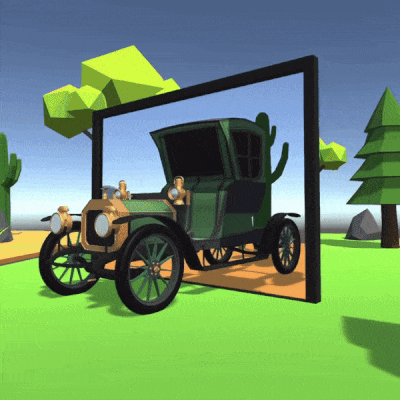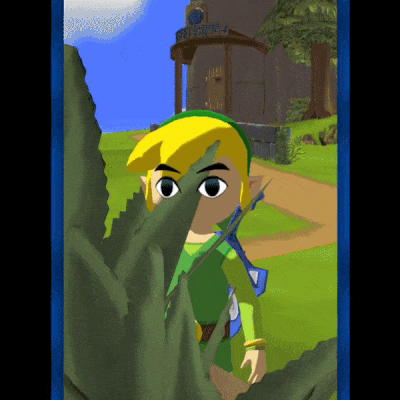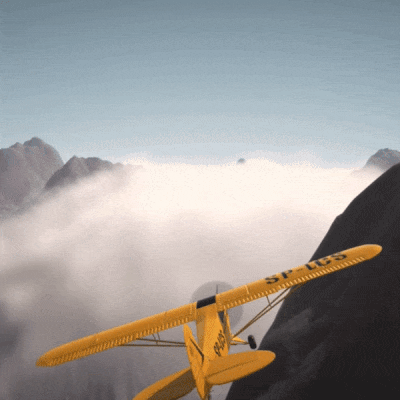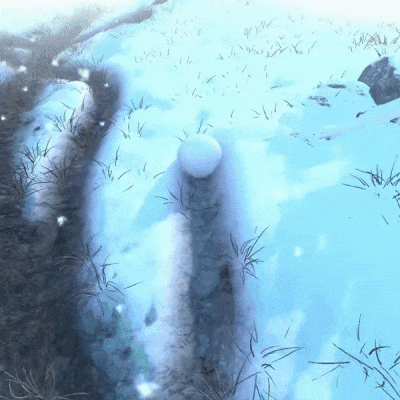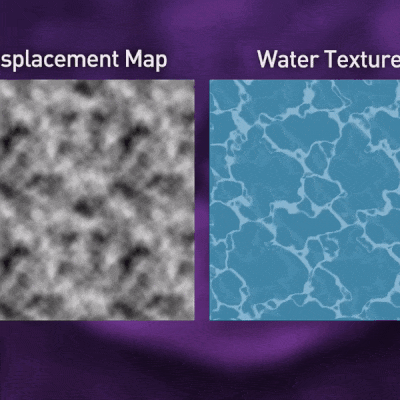Real-time Final Ideas
Below are some ideas for real-time graphics features you could think about incorporating into your final project!
Wobbly Leaves and Pivot Caching: storing vertex attributes in textures, then using vertex shaders to make performant animations.
Pixel Shader w/ Outlines: a simple, if slightly brittle shader (plus, interactive demo).
Boids: bird-like flocking behavior; something that you might easily add to any realtime project to spice it up a little :) (Another interactive demo).
Wave Function Collapse: generating random maps, etc, using a set of pieces and pre-defined constraints on how they fit together. This algorithm was invented by a current Brown Visual Computing Ph.D. student!
Portals: lots of trickery involved—mesh and camera duplication, slicing, rotated clipping planes, just to name a few.
Anime Eyes and Stencil Buffers: render anime-style eyes-over-hair using stencil buffers, the lesser known sibling of depth and color buffers.
Noise, Clouds, and (Cheap) Volumetric Rendering: Worley noise and some volumetric rendering tricks help make clouds look good.
"Interactive" Snow: many of the coolest things you see in video games are actually just textures and shaders in disguise. This is another one of those things!
Water and Scrolling Displacement Maps: a pretty simple way to efficiently implement something like a lapping / flowing water texture.
Original list made by Zack Cheng '23.
